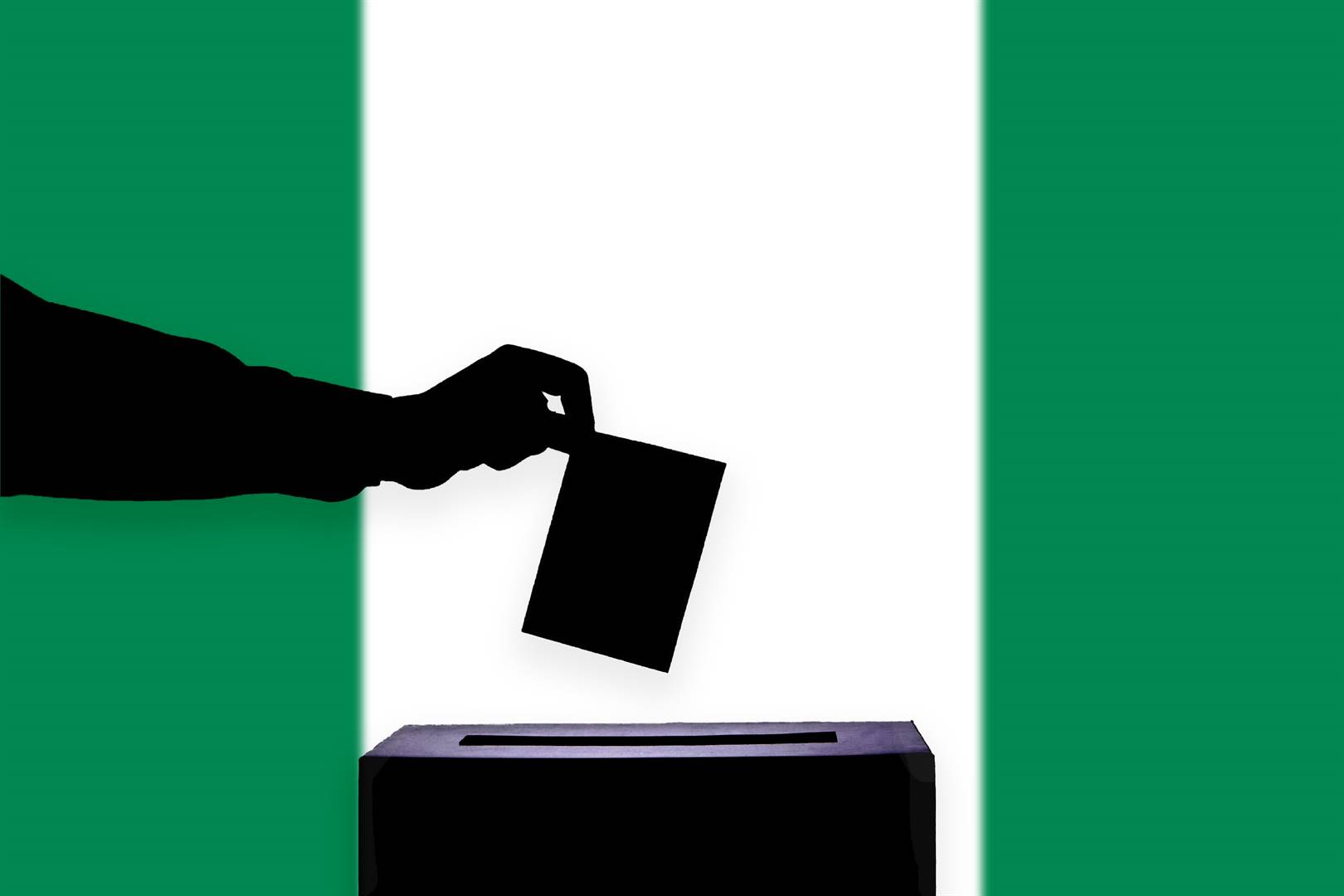
The re-election of President Muhammadu Buhari as Nigeria’s leader represents a confirmation of the current status quo in the country.
However, a second term in office could present a chance for Buhari to redeem himself and implement the economic reforms and anti-corruption measures promised during his first tenure, panellists at a forum hosted by the South Africa-Nigeria Business Chamber at the Gordon Institute of Business Science (Gibs) argued.
The election and the current political landscape
Ibikunle Olatunji, tax lead for Africa at PwC and president of the South Africa Nigeria Business Chamber, told the forum that although there was very little to suggest there would be radical change under the new administration, Buhari’s re-election presented the opportunity for the president to surround himself with technocrats and prosecute some of the known corrupt figures to make a point.
Chief executive of Fros Capital, Francis Osuyah, explained Buhari was respected in the north and southwest of the country but had lost some support during the recent election, which had a record low turnout at just 35.6% of eligible voters, the lowest in Nigeria’s 20-year history as a democracy.
Director of the intelligence and analysis team at africapractice, Roddy Barclay said this indicated a “growing disengagement between the population as a whole and the government and what they see as the democratic process”.
Taxes were an example of this: “There is no belief in the relationship between paying taxes and getting benefit from the government. We want to see populations strengthening their social contract with the government and holding them to account.”
Executive director of the South Africa-Nigeria Business Chamber, Dianna Games, said Buhari’s promises to eradicate corruption during his 2015 campaign had resonated with a lot of people, as “people were tired on the under-development due to corruption. However, there is a risk that corruption will not be dealt with.”
Osuyah doubted that Buhari was the right person to stop corruption, because “he has too many corrupt people around him. There needs to be an elite consensus in order for corruption to be dealt with, but most elites are involved in corruption.”
Economic diversification and an enabling environment for business
Games explained that the Nigerian economy had underperformed for the past four years under President Buhari, with GDP growth of just under 2%. Nigeria remains heavily dependent on its oil exports for foreign income flows.
There had been a muted response from business following Buhari’s election victory, Barclay explained.
“The win represents a status quo scenario which creates a degree of stability in the operating environment.”
However, business anticipates more statist and interventionist policies from the new administration: “The issue of arbitrary interpretation of the law and contractual terms have been a continual theme as the government looks to deepen its revenue base, partly through scrutinising existing arrangements.”
He gave the example of the two tax disputes between South African telecommunications firm MTN and the Nigerian government, which was now turning its attention to the international oil companies.
“This is reflective of a government looking for short term wins, not about creating a more enabling environment for business,” Barclay said.
Oil is still the most critical external factor to the Nigerian economy, and any major changes in the international oil price or in interruptions to production can have a “huge impact on government finances”.
“Diversification of the economy is absolutely key to Nigeria’s long term interests. But this will require getting the oil sector reforms passed which would create a more competitive and stable framework for oil and gas investment,” Barclay said.
Games added that while agriculture and property development were declining sectors of the economy, the ICT sector had been the largest beneficiary of investment in the past two years.
Head of trade for South and Southern Africa at Standard Chartered Bank, Onyebuchi Memeh, said the composition of the country’s GDP, rather than the sources of its foreign exchange revenue, reflected Nigeria’s economic potential.
The services and ICT sectors were increasing their contributions to GDP and it was important to start stimulating efforts to generate revenue out of these sectors, Memeh said. “We need institutional reforms to attract investment flows and create diversity. Nigeria is private sector driven and is waiting for levers from the government to create opportunities. We need institutional reforms to move the country forward, not short-term, tactical initiatives.”
Osuyah said funds from the global Nigerian diaspora were an important source of foreign exchange income for the country, and that the government should consider setting up a diaspora fund earmarked for infrastructure investment.
During 2018, the diaspora sent $25 billion (about R362 billion) home – more money than Nigeria earned from oil revenues for the year. However, in order for an infrastructure fund to succeed, “people would need to trust the government”, he cautioned.
Director of Signal Risk, Ryan Cummings, said the Boko Haram insurgency in the north of Nigeria remained a security risk to the country.
The group is not a Nigeria centric problem, but rather an insurgency of regional proportions operating in Cameroon, Niger, and Chad.
“The conflict is centred on land usage and takes place in prime agricultural zones. As agriculture is seen as a key sector to diversify the economy away from petroleum and gas, continued violence could impact on Nigeria’s food security and staple food prices,” he explained.
“The new Buhari administration must focus on the causes of the insecurity, which amounts to a breakdown in the social contract, not just the symptoms,” Cummings said.
• City Press is a media partner of the Gibs forum




 Publications
Publications
 Partners
Partners








